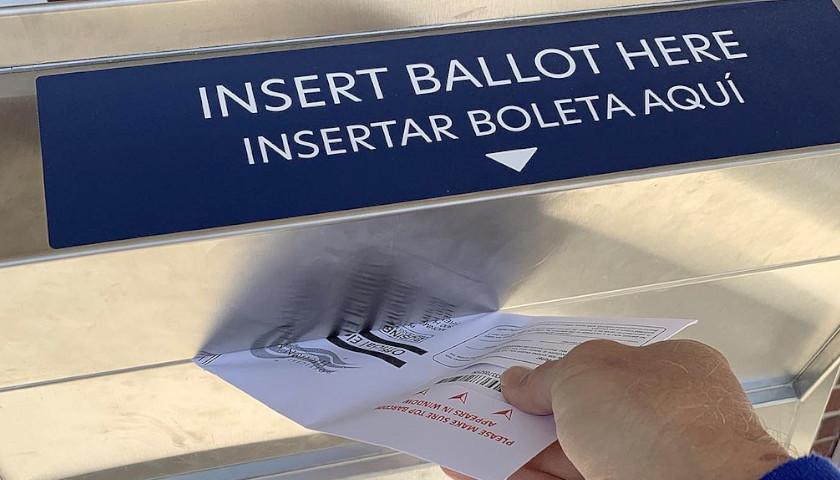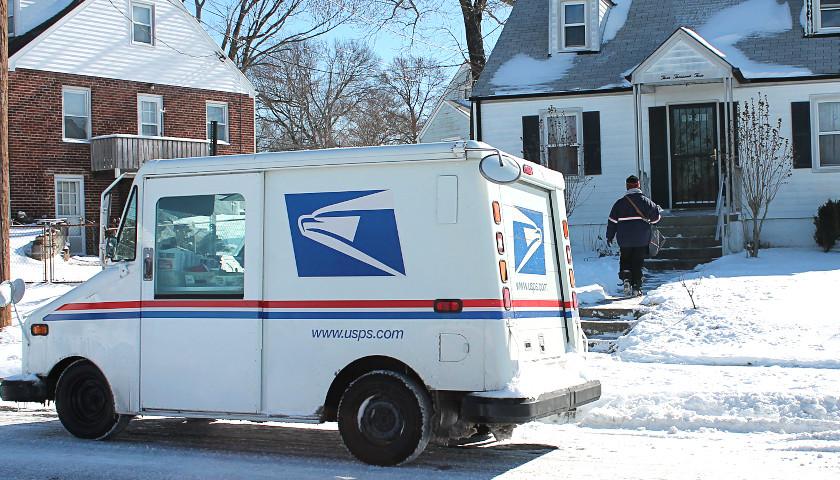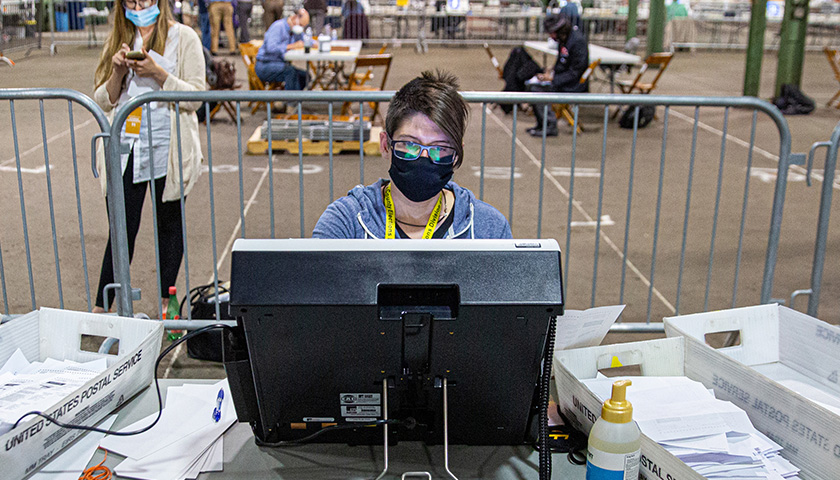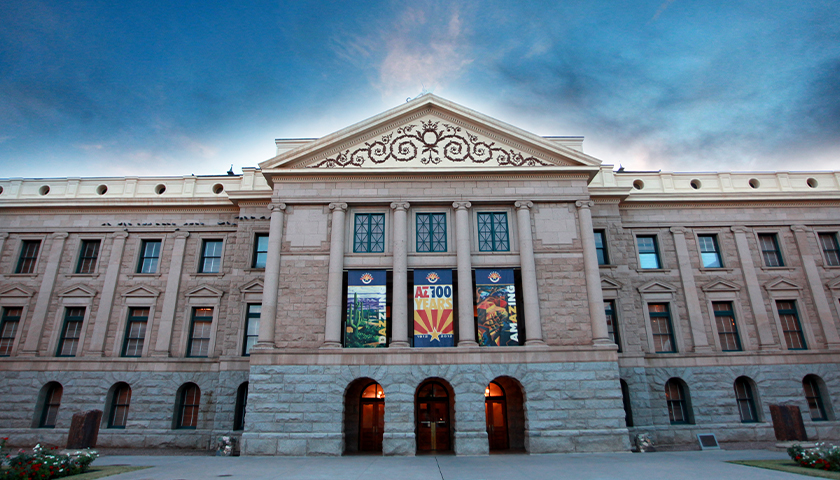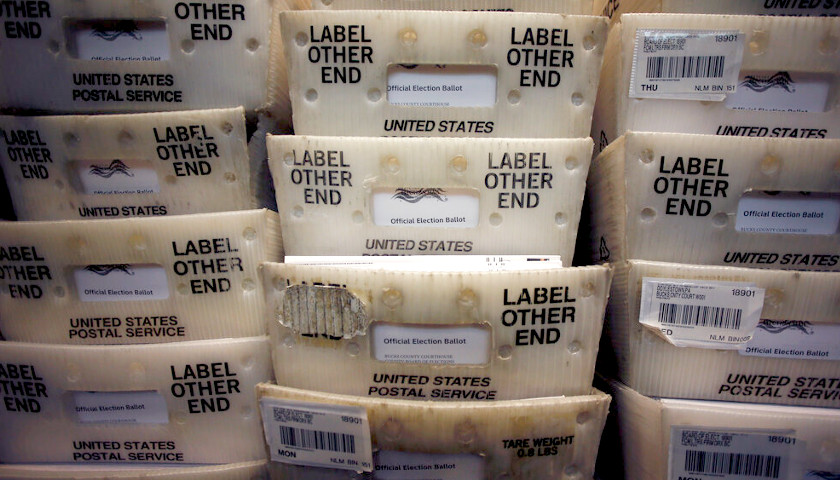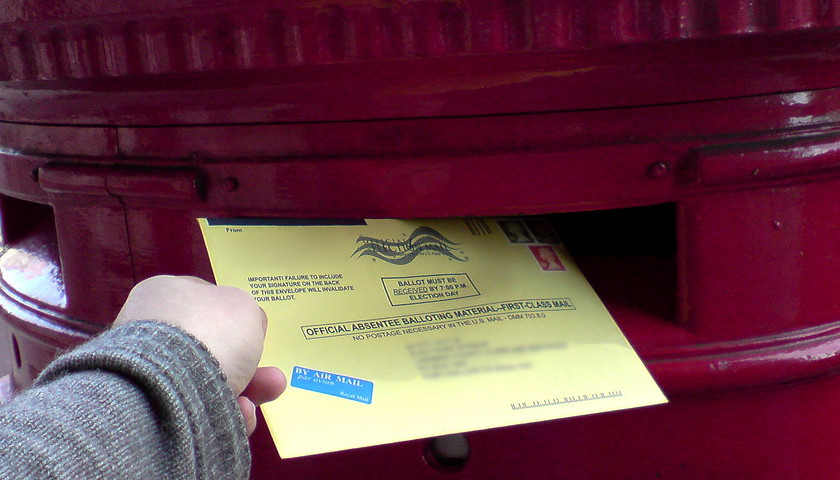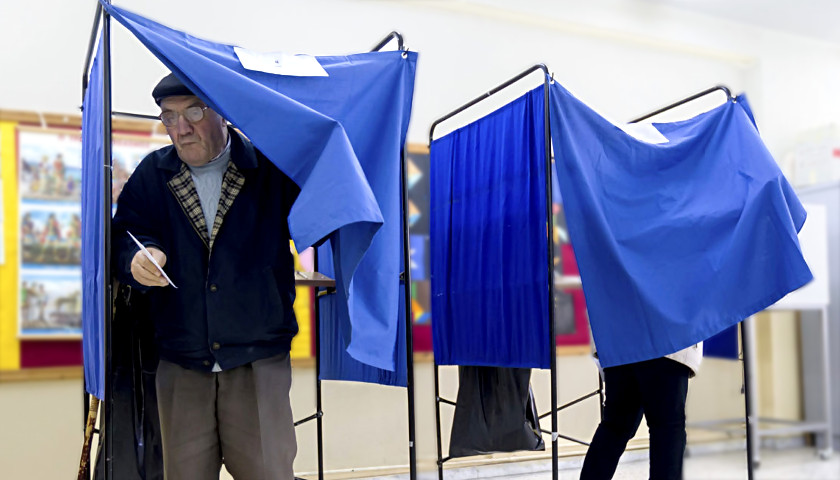The 2020 presidential election witnessed a nationwide surge in the prevalence of early voting and vote-by-mail practices, which featured heavily in former President Donald Trump’s claims that mass election fraud influenced the outcome. According to the Pew Research Center, 46% of voters in the 2020 race voted by absentee or mail-in ballot, and 27% reported having voted early.
Republicans were subsequently reluctant to embrace such practices, though a lackluster midterm performance and the about-face of the presumptive GOP nominee on the matter appears to have the Republicans rethinking their approach.
Read More
